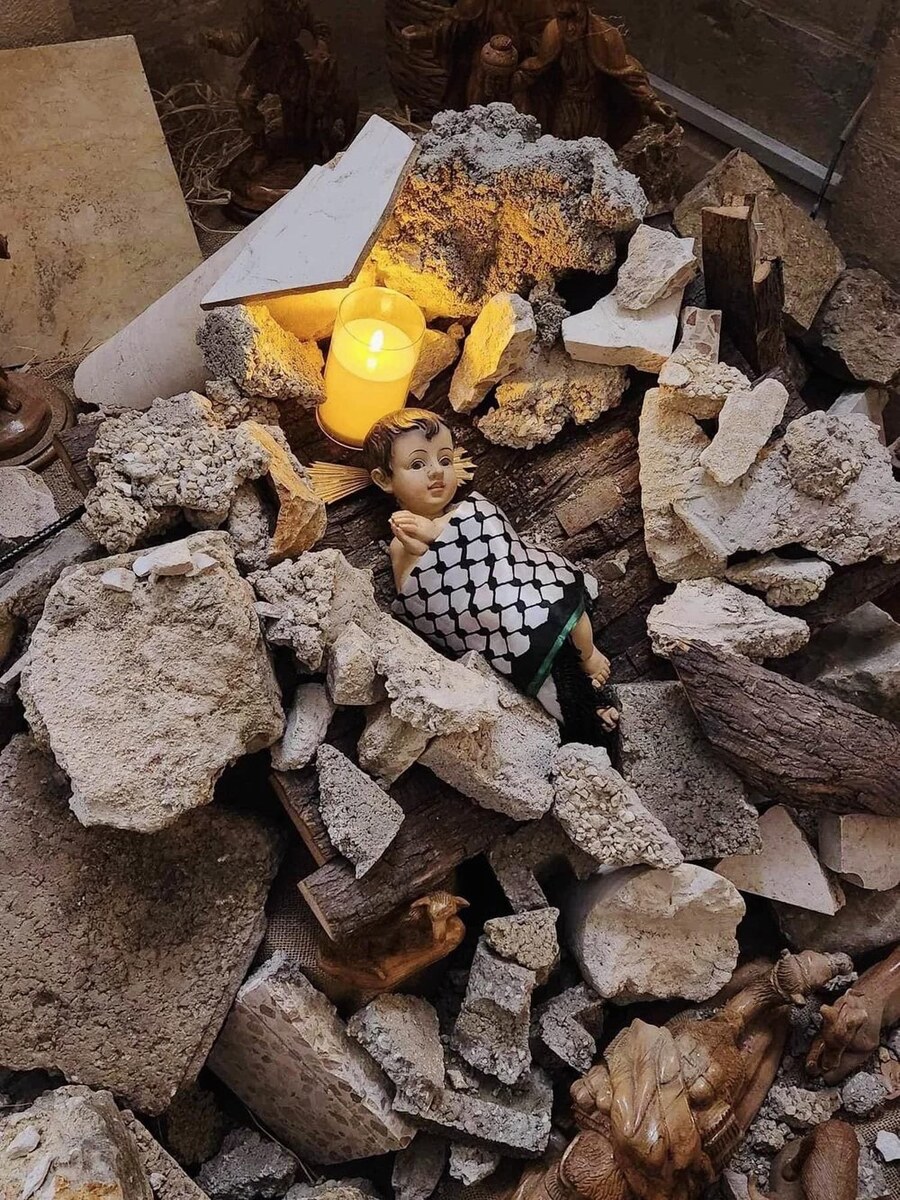BEIRUT: Caretaker Prime Minister Najib Mikati stressed Lebanon’s commitment to keeping the war away from the country on Friday, responding to accusations the government is handing decision-making to political parties — a reference to the role of Hezbollah.
“This accusation is absolutely untrue,” Mikati told Parliament.
In his intervention during the session on Friday afternoon to approve the 2024 draft budget, Mikati said: “Our consistent and reiterated stance focuses on adherence to all international resolutions and agreements from the 1949 Armistice Agreement to UN Security Council Resolution 1701 and all relevant international resolutions.
“We reiterate our demand for a ceasefire in Gaza, as it is the mandatory gateway to all solutions. This stance is grounded in political realism that dictates it.”
Mikati renewed his demand for “the international community to stop Israeli violations, provocations, and attacks on Lebanon.”
Mikati added: “Since the first day of the Gaza war, I have announced that the decision to go to war is not in our hands, but in Israel’s.
“Critics and supporters among the Lebanese will understand the content of this message, and we are seeking a diplomatic solution under the auspices of the UN.”
He added: “In my correspondences with the US secretary of state, and in response to an urgent message, I expressed the official stance, which is summed up by working toward achieving sustainable and long-term stability in the region.
“As per my message, stability is achieved by imposing a permanent end to the war in Gaza to secure humanitarian aid for its besieged population, which will allow the reconvening of mediation sessions for the exchange of prisoners and detainees.”
Mikati called for reconvening the tripartite meetings between military representatives from Lebanon, Israel, and UNIFIL at the latter’s headquarters in Ras Naqoura to resolve the remaining disputes between Lebanon and Israel by implementing all UN treaties and resolutions, starting with the 1949 Armistice Agreement to the implementation of UN Resolution 1701.
He stressed: “The diplomatic and negotiation approach is the real, guaranteed gateway to achieving permanent stability, starting from ending the aggression against Gaza and embarking on a fair and just solution to the Palestinian cause, based on reviving the two-state initiative, that will ensure fair and comprehensive rights for the Palestinians and sustainable security for the Israelis.”
Mikati’s remarks came as Hezbollah announced targeting “a gathering of Israeli soldiers in the outskirts of the Hunin Castle using appropriate weapons, as well as the Ma’ale Golan outpost using Falaq-1 missiles.
Since Oct. 8 the party has repeatedly announced its use of the Burkan (volcano) missile, but this is the first time it has revealed using the Iranian-made anti-armor, anti-tank Falaq-1.
According to information circulating on pro-Hezbollah social media accounts, Falaq-1 is “a surface-to-surface rocket, with a bore of 240 mm, a weight of 111 kg, and a warhead weighing 50 kg.” It has a maximum range of 10 km.
An interceptor missile launched by the Israeli Iron Dome exploded over Naqoura.
Israeli media outlets reported that “the Israeli army launched an interceptor missile against a suspicious target flying over sea opposite the Liman settlement in the Western Galilee.”
Israeli Channel 12 stated that “two missiles were launched from Lebanon toward the Margaliot settlement in the Galilee.”
An Israeli artillery targeted Houla and the outskirts of the Beit Lif village.
An Israeli raid struck the outskirts of the Aitaroun village.
As hostilities in southern Lebanon continue, Imran Riza, the UN humanitarian coordinator for Lebanon, met with civilians who remained in their villages and other displaced people who left border towns for safer areas in the south.
“I spoke to some of those who left their homes and became displaced, as well as to those who decided to stay in their homes and villages despite the danger ahead of them,” Riza said.
“For many of those, the last three months were filled with fear, defeat, and uncertainty about the future.
“Today, the ability to confront challenges has significantly changed compared to the last time southern Lebanon witnessed a similar form of displacement — the 2006 war.
“The acute Lebanese economic crisis exacerbated the plight of those affected by the ongoing conflict. Here they are today, left with no savings or sufficient food supplies. They completely rely on slim livelihood chances.
“The ongoing destruction of agricultural lands in southern Lebanon, along with insecurity and the inability to move around safely due to daily attacks, deepens despair among communities,” he said.
“The economic, personal, and psychological losses borne by the affected communities are enormous, intensifying the magnitude of the challenges faced by the people.
“More than 86,000 people have been displaced since the escalation of hostilities, while 60,000 others remain in the targeted damaged villages,” he added.
“No less than 25 civilians have been killed to date, while health centers, civilian infrastructures, residential houses, and agricultural lands have been severely damaged.”
He renewed his call “to uphold international humanitarian law and safeguard civilians, medical personnel, residences, schools, and healthcare centres,” and reaffirmed the UN’s “steadfast commitment to stay and deliver emergency relief and protection to civilians in need wherever they are.”
Riza added: “What is needed most, however, is a de-escalation of tensions and an end to hostilities.”









































